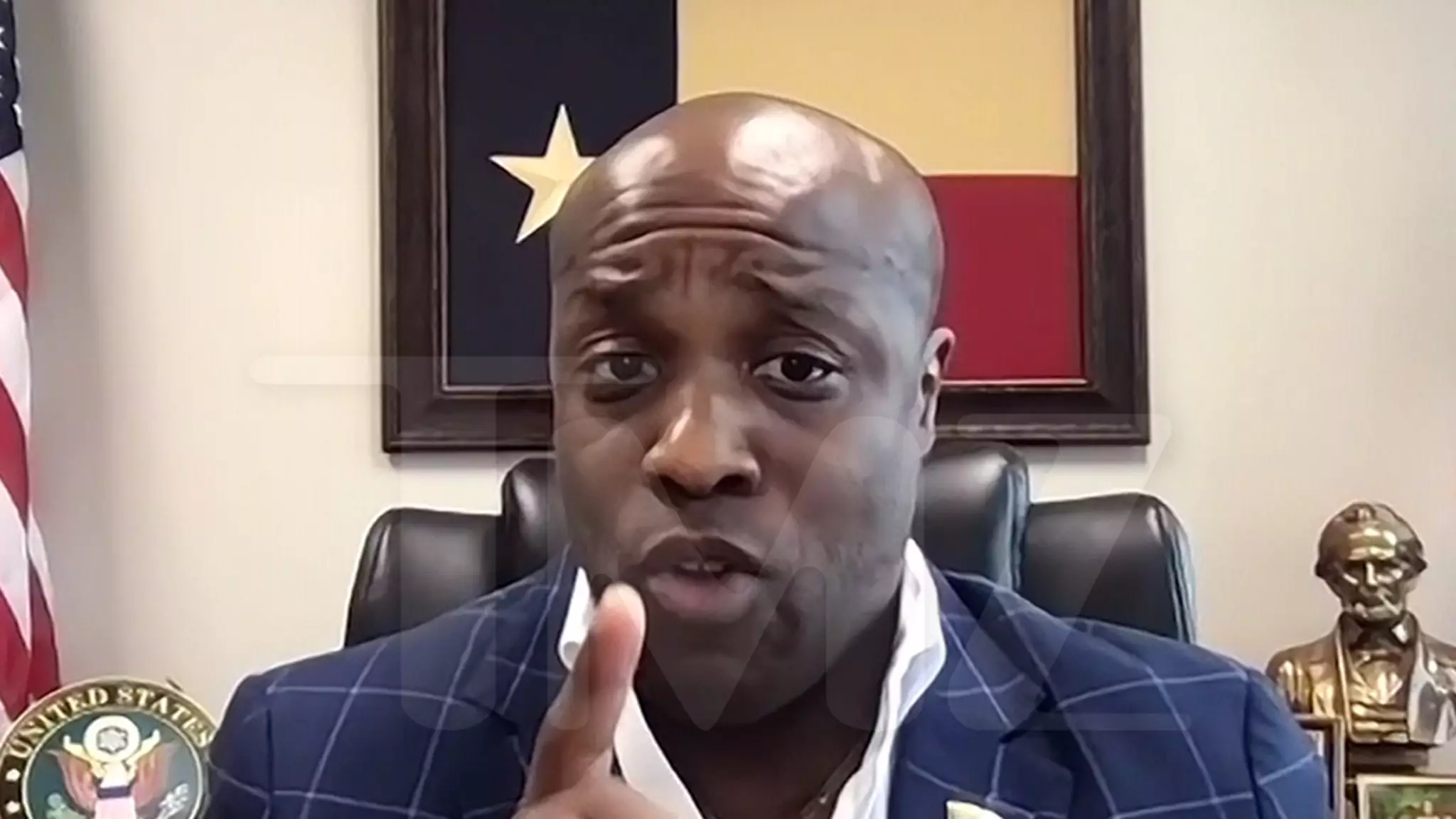In the complex realm of international politics, few moments raise eyebrows quite like the recent confrontation between former President Donald Trump and Ukrainian President Volodymyr Zelensky during an Oval Office meeting. As tensions between Ukraine and Russia escalate, this public negotiation showcased not just the stakes involved in the Ukrainian crisis but also illustrated Trump’s unpredictable diplomatic style. Rep. Wesley Hunt, a Texas Congressman, recently weighed in on this exchange, asserting that Trump’s approach is fundamentally about closing the gap towards peace in an increasingly fraught geopolitical landscape.
Congressman Hunt echoes a sentiment that has garnered considerable attention: Russia seemingly has the upper hand in the ongoing conflict. By openly acknowledging that Russia is “winning the war,” he places emphasis on the understanding that any U.S. policy concerning Ukraine must be carefully considered, particularly regarding financial aid. The idea of providing Ukraine with an extended blank check for military support is eliciting skepticism, a sentiment shared by many who believe that U.S. resources must be utilized judiciously. The challenge lies in balancing support for a sovereign nation while safeguarding U.S. interests.
However, what complicates the matter further is the negotiation framework being proposed by Trump, which suggests a series of concessions from Zelensky that many observers find troubling. While Hunt posits that Trump is committed to peace, the lopsided nature of the concessions implies an uneven playing field. What remains strikingly absent from the discourse is the discussion of what Russia might similarly be required to concede in the pursuit of a ceasefire. In negotiations, asking one side to make numerous concessions without reciprocation from the other can lead to a power imbalance that undermines the integrity of any proposed agreement.
The Combat Veteran’s Perspective
From Hunt’s perspective as a combat veteran, there’s an inherent appreciation for the complexities of war and the devastating impact it has on soldiers and civilians alike. This background provides him with a unique lens through which he views these negotiations, as he contemplates the human costs of prolonged conflict. His defense of Trump stems from a belief in the necessity of pursuing dialogue, no matter how contentious or unpopular the methods may be perceived. Yet, he may find himself at odds with critics who believe that negotiating under duress risks legitimate compromise.
Ultimately, the conversation surrounding Trump’s negotiation tactics and U.S. involvement in Ukraine raises profound questions about American foreign policy’s direction. As global players like Russia leverage power and influence, the strategy taken by the U.S. must be re-evaluated. Balancing moral obligations with practical realities is no easy task, and with new developments arising frequently, the conversation surrounding peace in Ukraine and the role the U.S. will play in transitioning that vision from concept to reality is decidedly ongoing. As we continue to analyze the dynamics at play, it is crucial to ensure that diplomacy does not come at the cost of ethical considerations and geopolitical balance.

